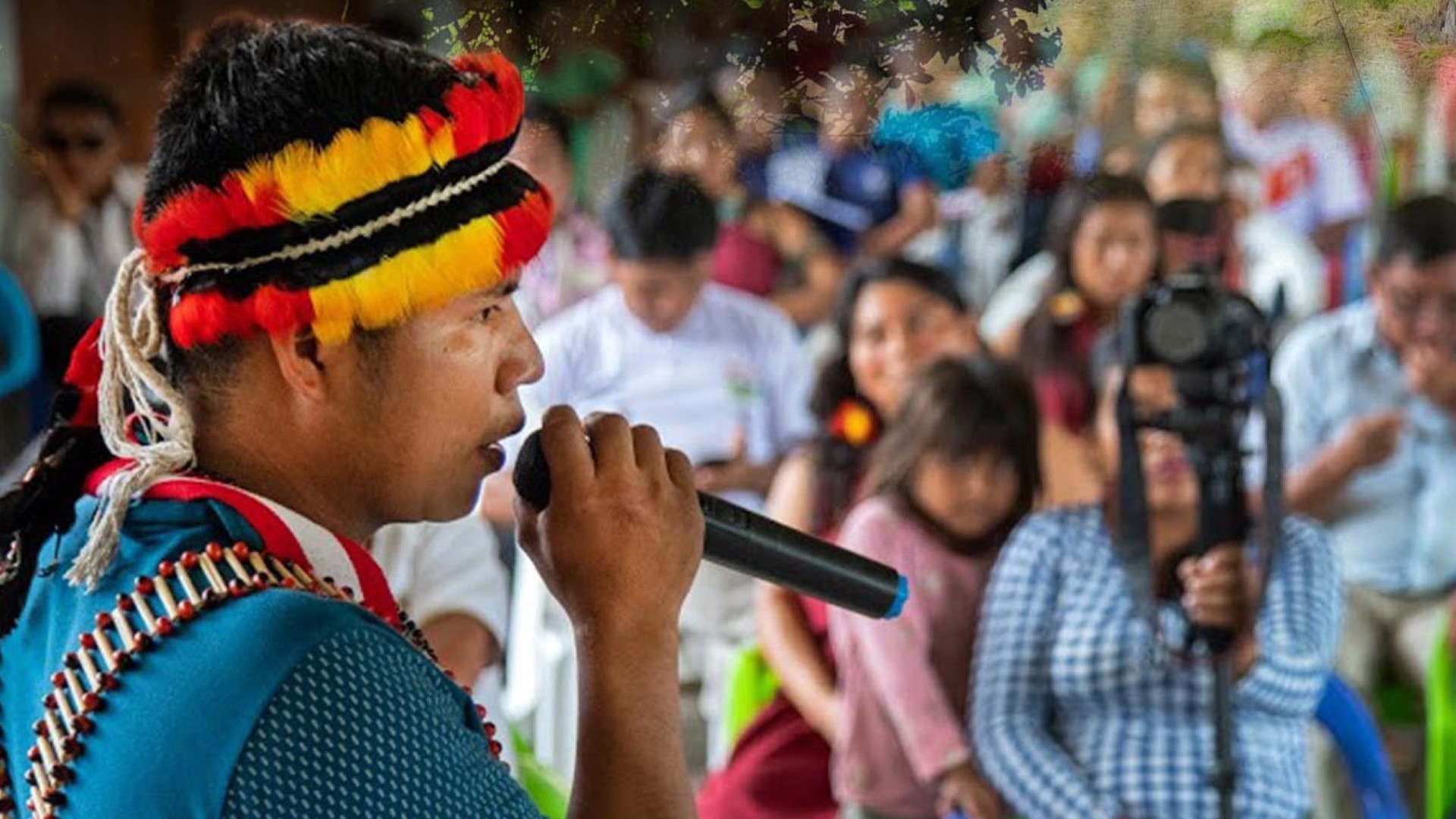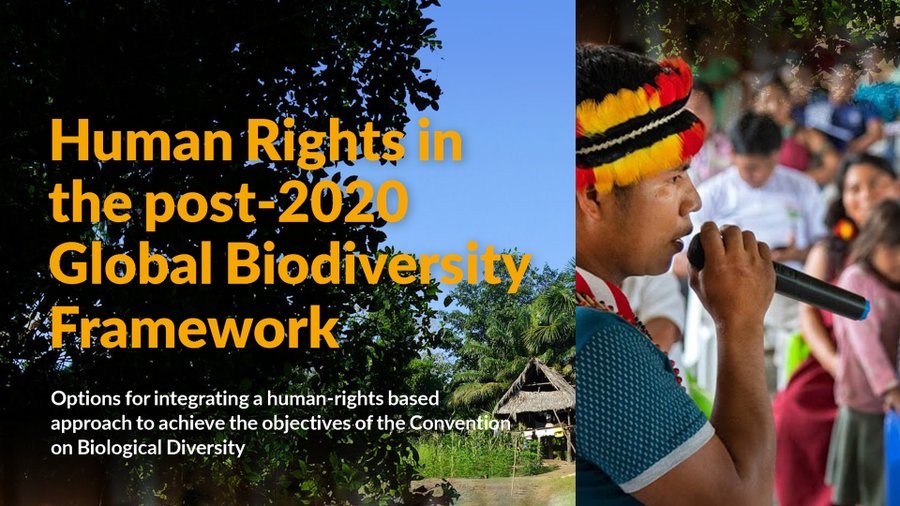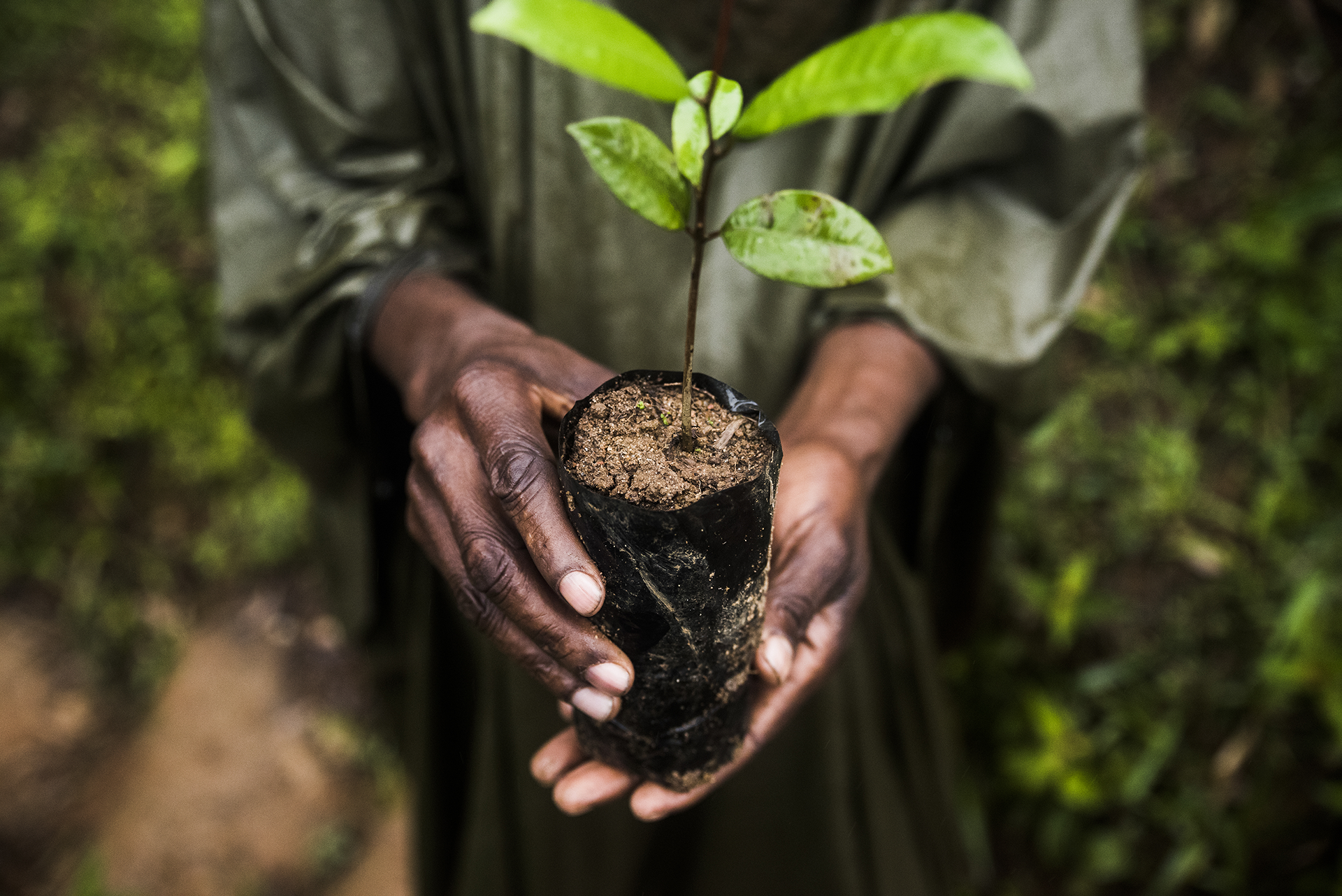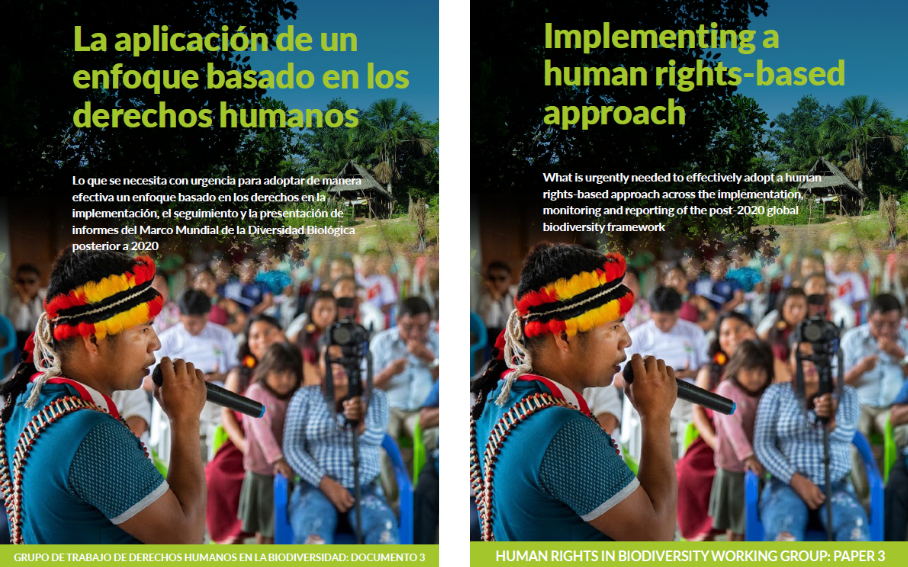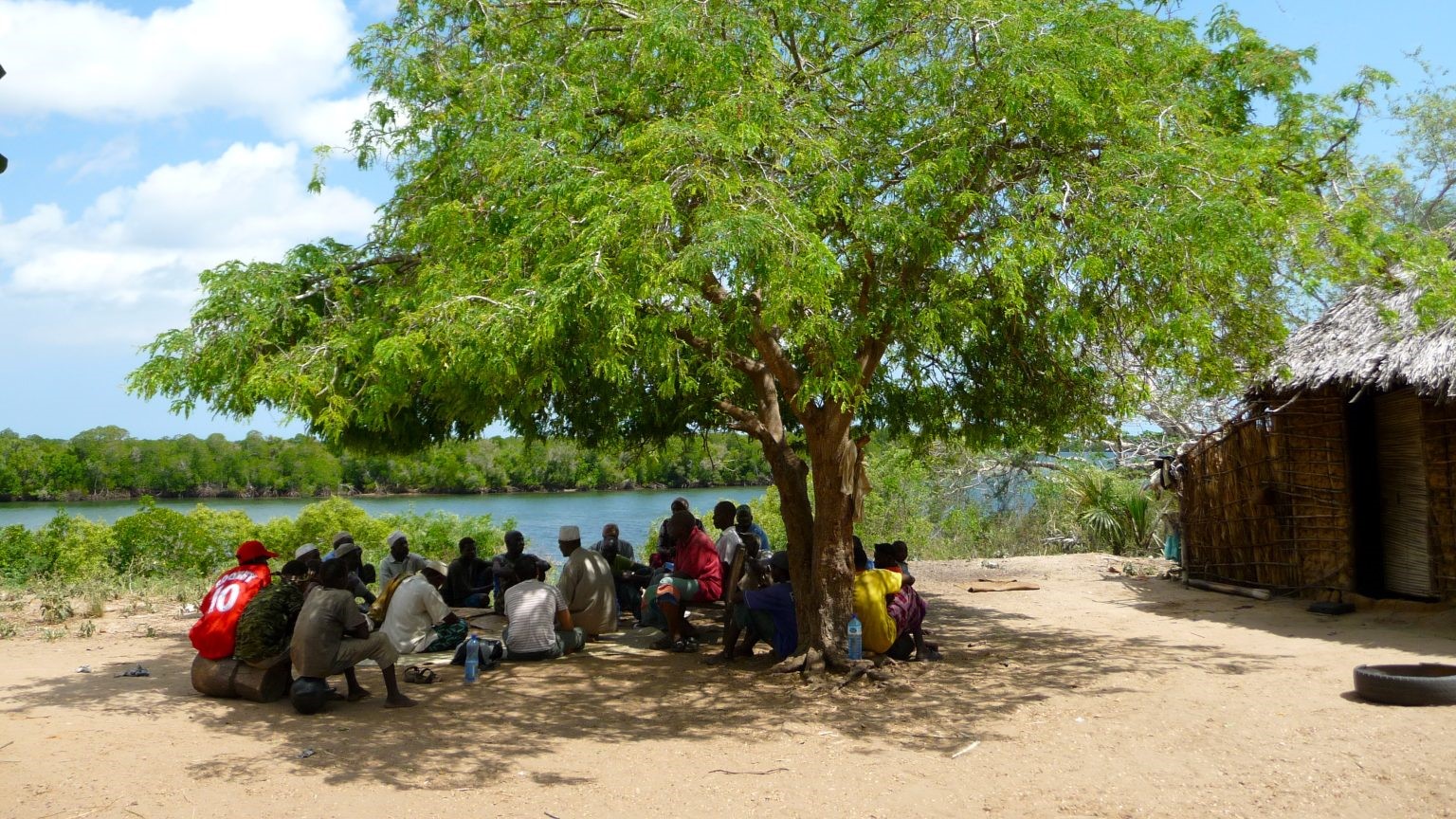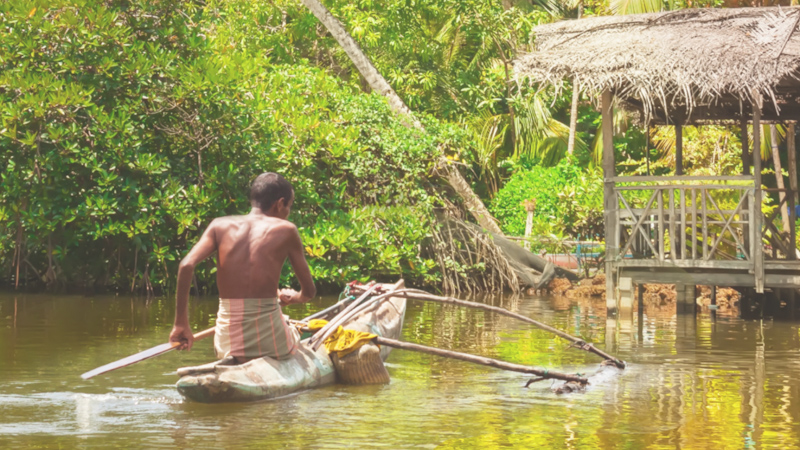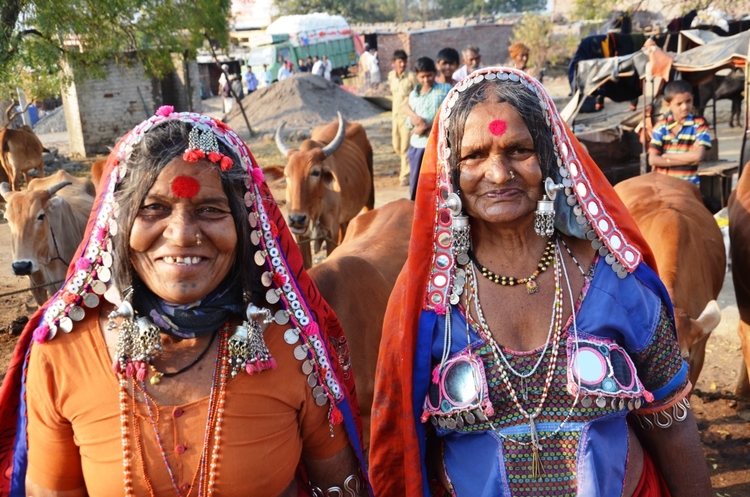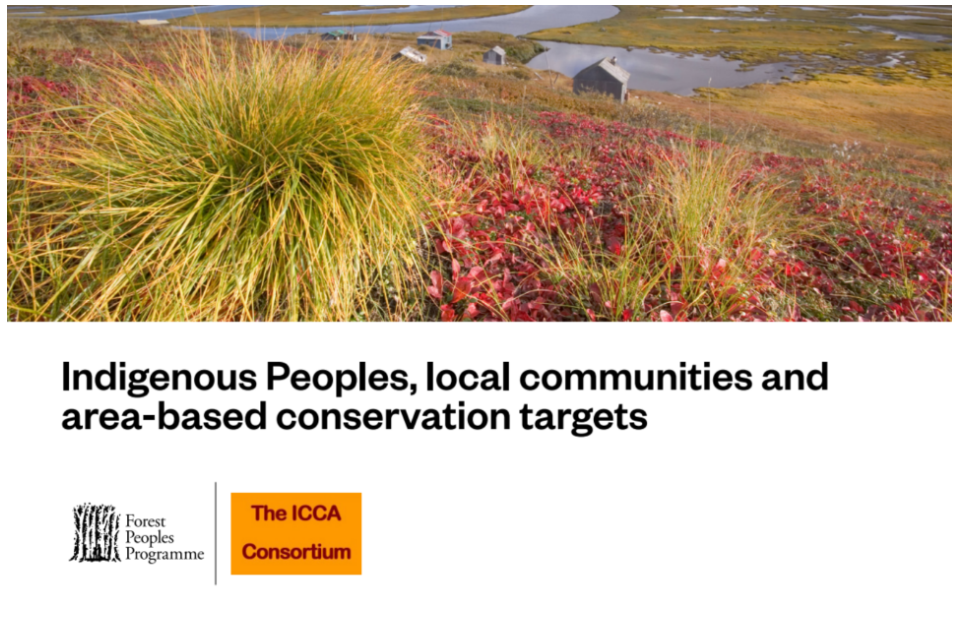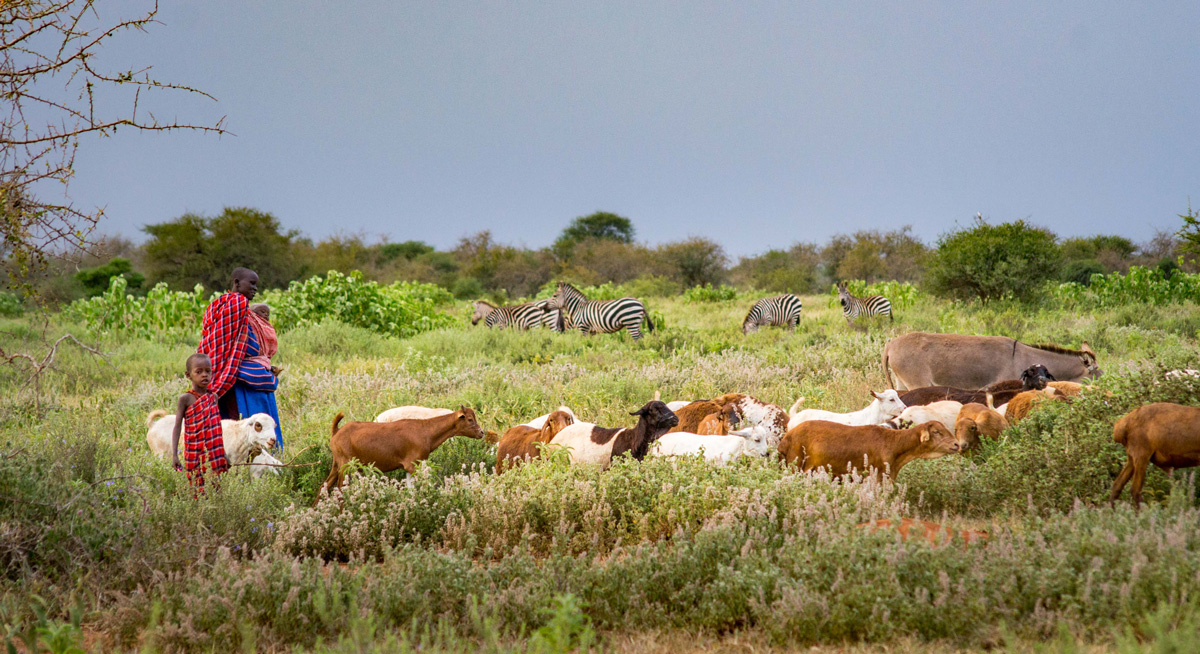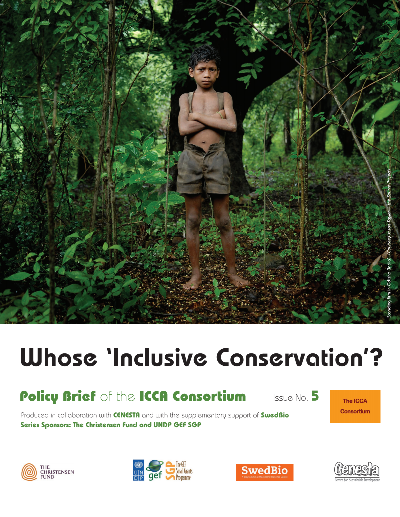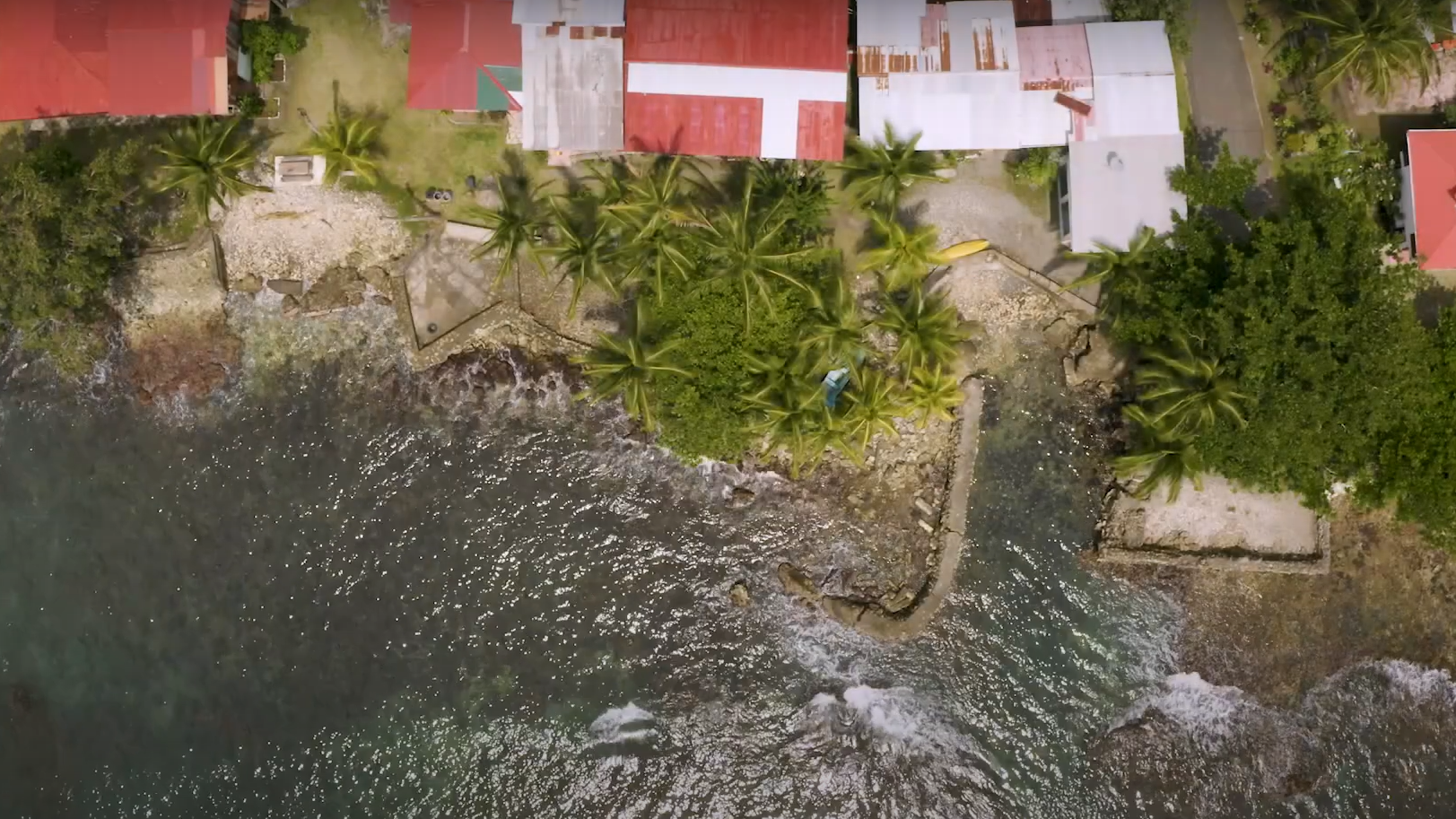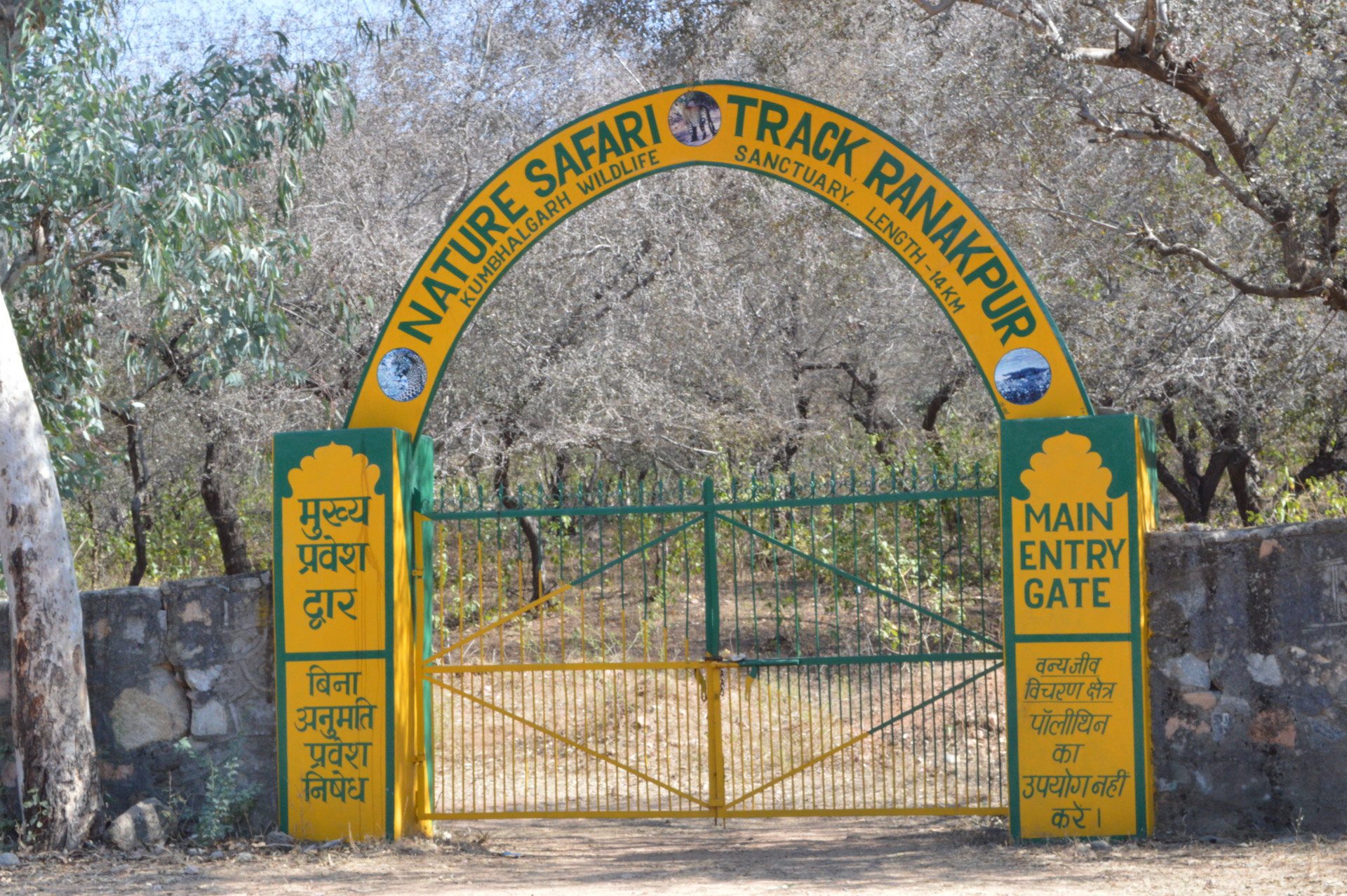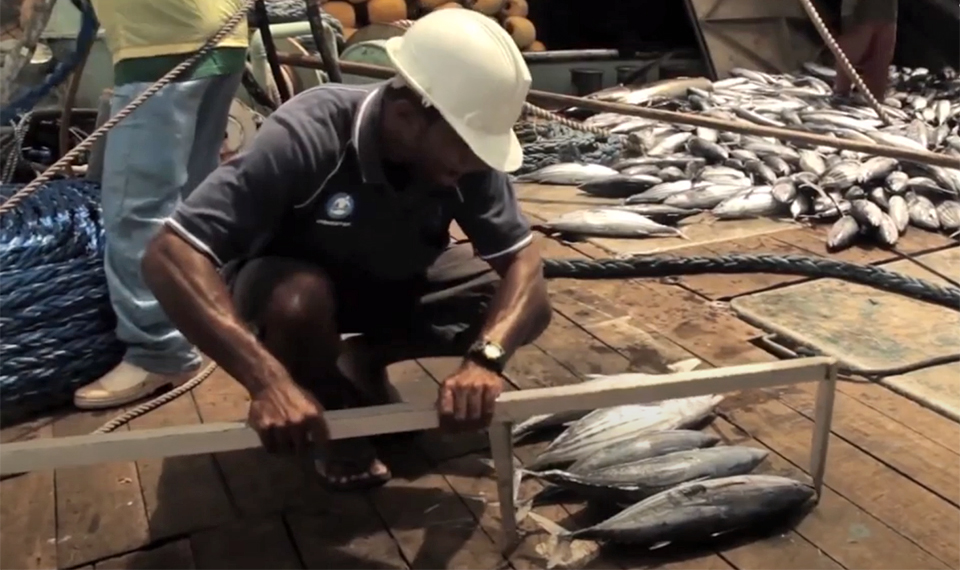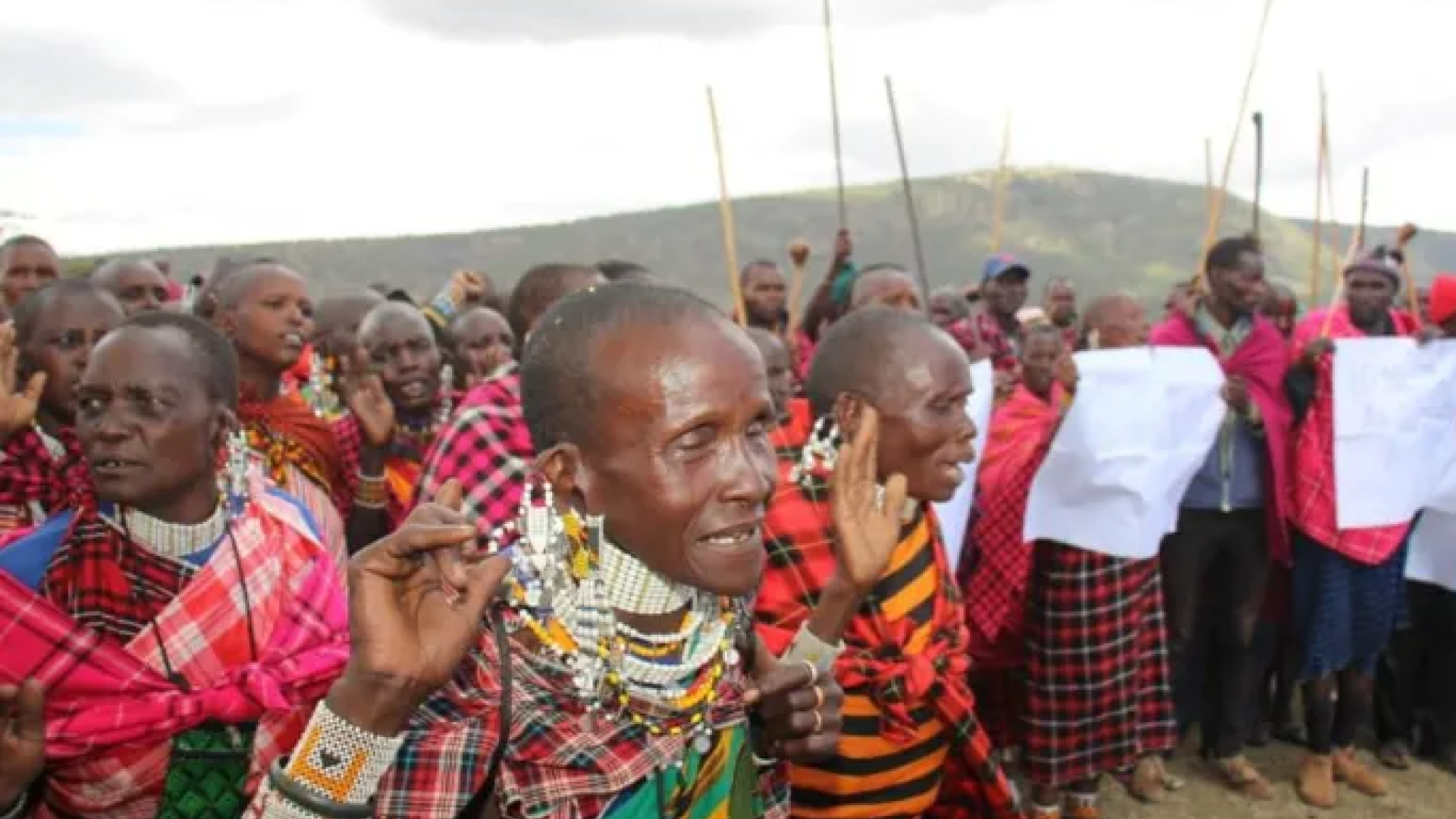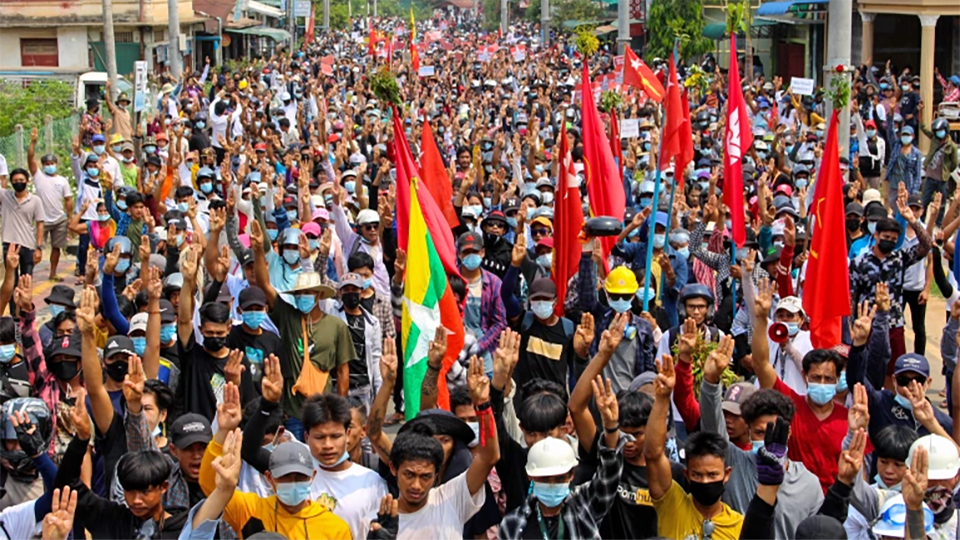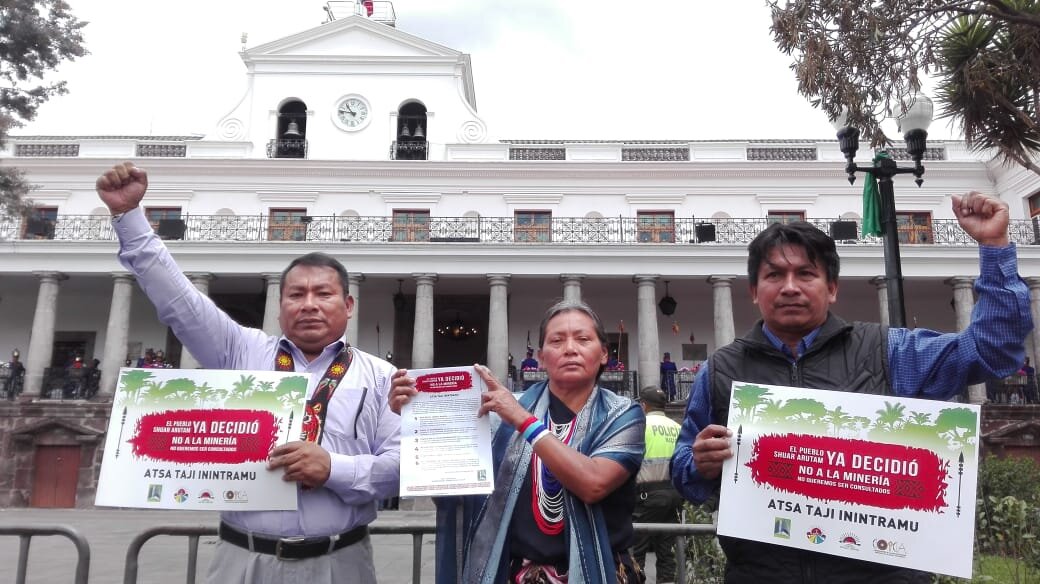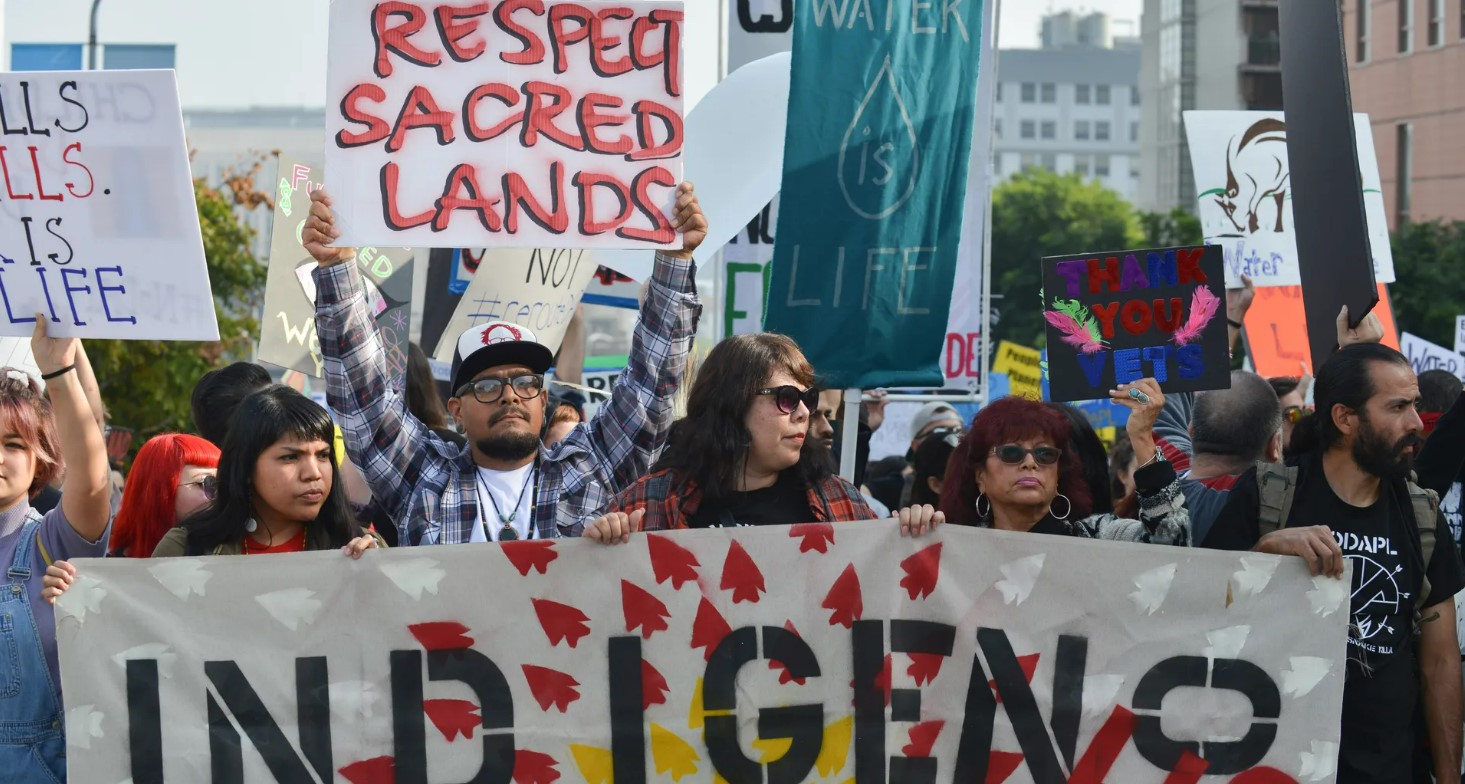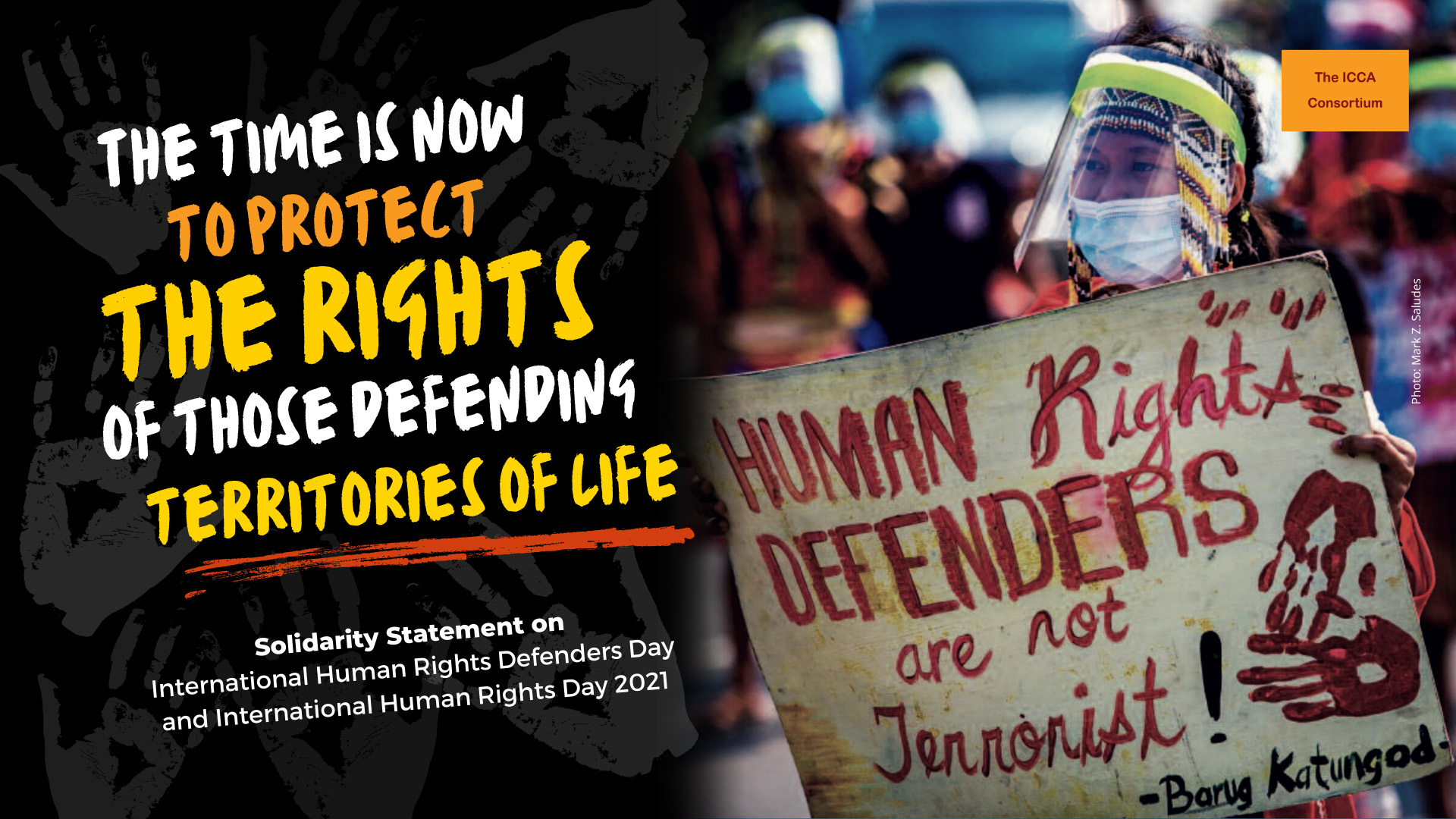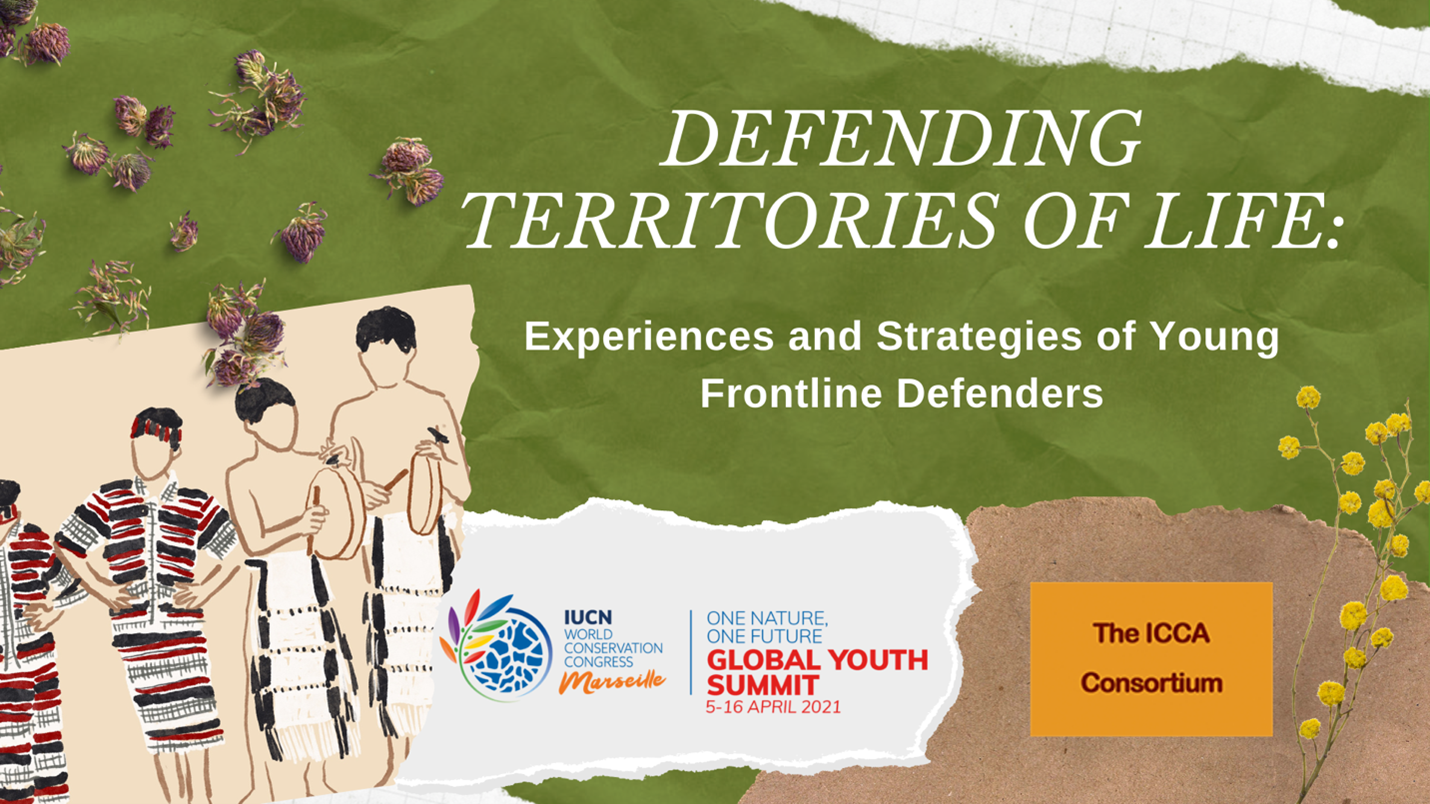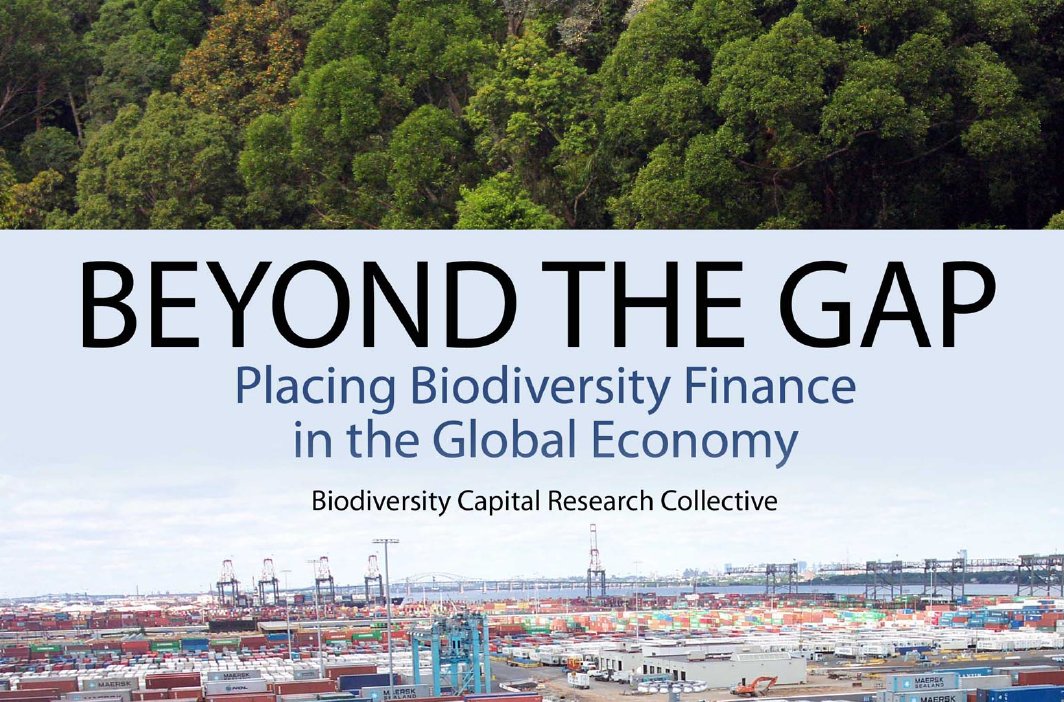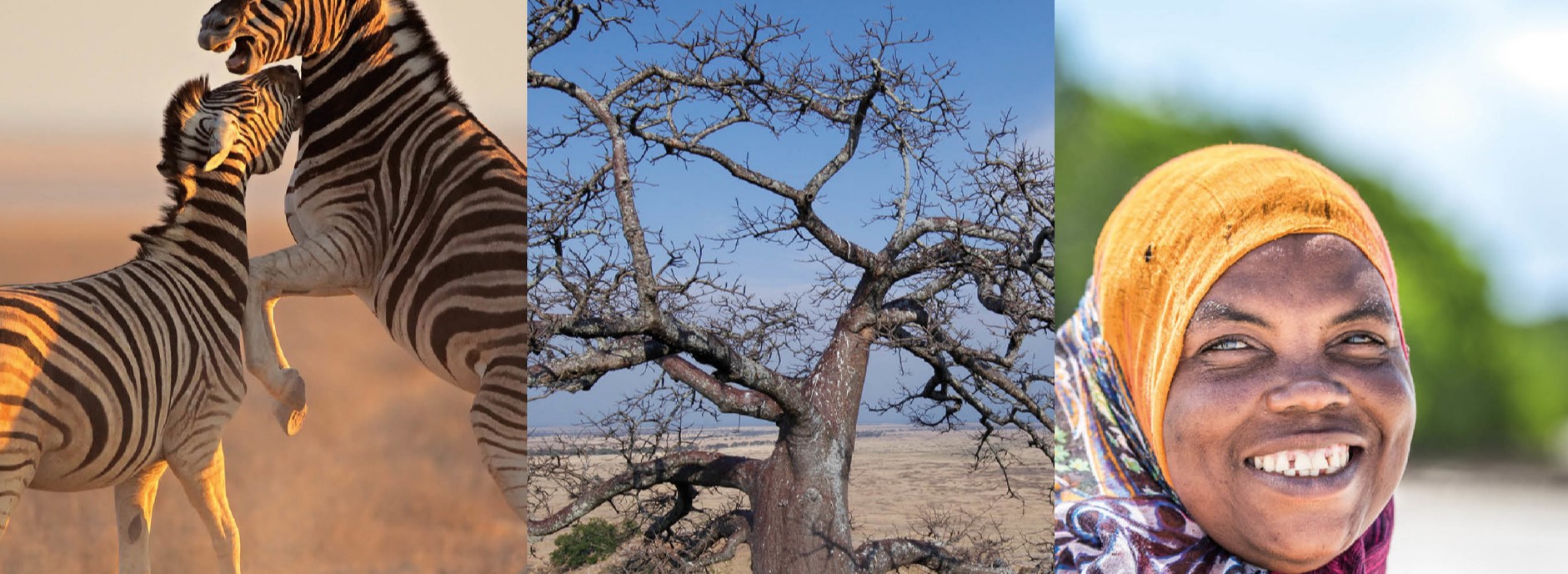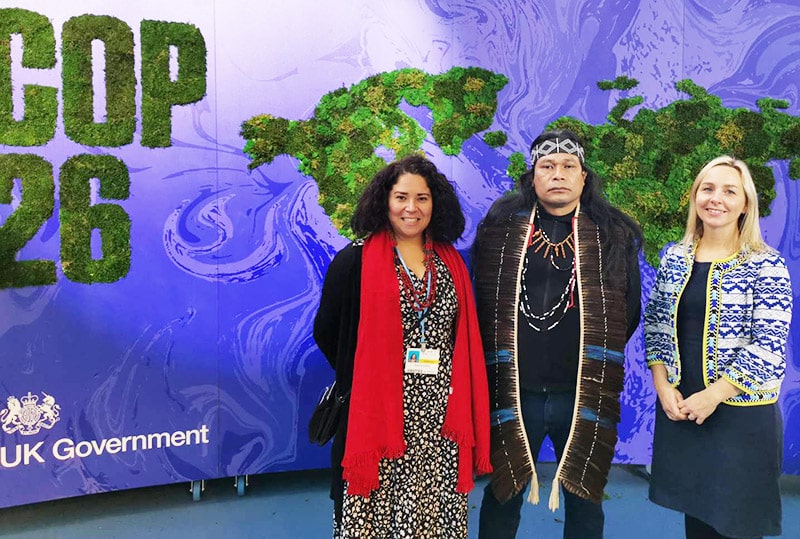The ICCA Consortium has advocated for several critical issues in the post-2020 global biodiversity framework. Learn more about these issues through reports, resources, blogs, and news from our membership and allies worldwide
Since the beginning of the negotiations for the post-2020 global biodiversity framework, the ICCA Consortium has consistently advocated for several key issues:
Human rights, including the specific rights of Indigenous Peoples, of non-Indigenous local communities whose cultures and ways of life are intertwined with the nature on which they depend, and of other typically marginalized rights-holders such as women and youth.
Appropriate recognition of territories and areas conserved by Indigenous Peoples and local communities (often abbreviated as “ICCAs” in the CBD or more simply as “territories of life”) and inclusion of rights, justice, equity, and governance issues in area-based conservation.
Protection of the people, communities, and organizations risking their lives to defend Mother Earth.
Divestment from the drivers of biodiversity loss and climate breakdown and appropriate investment in and support for Indigenous Peoples and local communities on the frontlines of protecting, conserving, and defending nature.
Learn more about these critical issues in the sections below through reports and resources, blogs, and news from our membership and allies worldwide.
Human rights
As part of a diverse group promoting human rights within the post-2020 global biodiversity framework, the ICCA Consortium and some of our Members and Honorary members contributed to a three-part series of briefing papers directed toward negotiators from CBD Parties.
The second briefing in this series offers guidance on applying the human rights-based approach in the new global biodiversity framework.
The third briefing in this series presents what is urgently needed to effectively adopt a human rights-based approach across the implementation, monitoring, and reporting of the post-2020 global biodiversity framework.
The UNGA Declaration focuses on tackling the three planetary crisis issues: climate change, pollution, and biodiversity loss. This blog by Natural Justice (ICCA Consortium Member) illustrates how the Declaration recognizes that these threats are interlinked and need to be collectively resolved to ensure the realization of the right to a clean, sustainable, and healthy environment.
Twenty Indigenous and local community organizations across Asia, including several ICCA Consortium Members, co-authored a powerful report published in early 2022 by the Rights and Resources Initiative.
Published by the Rights and Resources Initiative, this 2020 report is informed by the imperative to prevent biodiversity collapse while respecting the tenure and human rights of Indigenous Peoples, local communities, and Afro-descendant Peoples.
Area-based conservation
Co-published by the ICCA Consortium and Forest Peoples Programme (Member), this briefing paper seeks to clarify the intersections among the post-2020 global biodiversity framework and the land and resource rights, collective governance, and self-determination of Indigenous Peoples and local communities, particularly in the context of proposed Target 3 of increasing at least 30% globally of protected areas and other effective area-based conservation measures.
On behalf of nearly 150 participants in a pre-Congress workshop co-organized by IMPACT Trust Kenya and the ICCA Consortium, Milka Chepkorir delivered the following speech during the opening plenary of the IUCN Africa Protected Areas Congress on 18 July 2022 in Kigali, Rwanda.
There are widely divergent views of what ‘conservation’ is and should be and, likewise, by and for whom it should be undertaken. The term ‘inclusive conservation’ was adopted by the Global Environment Facility (GEF) in its 2018-2020 programme for biodiversity financing. In this context, the ICCA Consortium proposes in this policy brief a definition of ‘inclusive conservation’ and specific recommendations for legislators, policymakers, and other conservation actors willing to pursue it.
Government agencies in Costa Rica have announced a plan that will undermine the shared governance model in the Cahuita National Park.
A new report by Kalpavriksh (ICCA Consortium Member) details how the Indian state of Rajasthan continues to apply its failed tiger conservation model in Kumbhalgarh Wildlife Sanctuary to the detriment of Indigenous and pastoralist communities.
Opinion: Calls for a new area-based conservation target must not bulldoze the Indigenous roadmap that has allowed small island nations to sustainably govern and manage a hundred percent of their coastal and marine territories, improve their lives and conserve fisheries.
Defending territories of life and their defenders
Reports from the Maasai community of Loliondo in Ngorongoro District, Tanzania, indicate that people are being forcefully evicted from their ancestral lands and territories starting on 10 June 2022. The ICCA Consortium strongly condemns this inexcusable violence against the Indigenous Maasai.
On 1 February 2021, the military staged a coup d’état in Burma/Myanmar, sparking nationwide demonstrations in an unprecedented surge of civic mobilization. The military has responded with brutal force and myriad repressive tactics. On 27 March 2021, it began a series of deadly airstrikes on Indigenous Karen villages in the heart of the award-winning Salween Peace Park in Karen State.
More than 56% of the PSHA territory is under large-scale mining concessions, divided between at least three so-called strategic projects.
New reports, including by ICCA Consortium Member Natural Justice, analyze the gaps in communication between defenders, donors, and supporting organizations and present recommendations on how best to address them.
The ICCA Consortium’s solidarity statement on International Human Rights Defenders Day and International Human Rights Day 2021.
Youth for Territories of Life, the youth group of the ICCA Consortium, organized a session titled “Defending Territories of Life: Experiences and Strategies of Young Frontline Defenders” at the IUCN Global Youth Summit in April 2021.
Financial systems: divestment/investment
Published by the Third World Network and the University of British Columbia, this research paper demonstrates why structural patterns of trade, investment, and financial regulation (or lack thereof), global economic pressures that push biodiverse countries into debt, and inequality across racialized, gender, class and colonial lines, must be addressed to address biodiversity loss.
A new report produced by Maliasili (ICCA Consortium Member) and Synchronicity Earth (ICCA Consortium funding partner) demonstrates that complex donor rules and reporting need to shut out smaller organizations and details how making finance simpler and more just will boost conservation impact.
With a wave of new pledges of large grants to environmental organizations, funders are reflecting on how philanthropy can be improved, and trust-based philanthropy is gaining momentum. Synchronicity Earth’s Nina Seale reflects on a discussion by Reverse the Red, involving Fred Nelson of Maliasili (ICCA Consortium Member) and Ameyali Ramos (ICCA Consortium International Policy Coordinator), about the need for environmental philanthropy to evolve.
